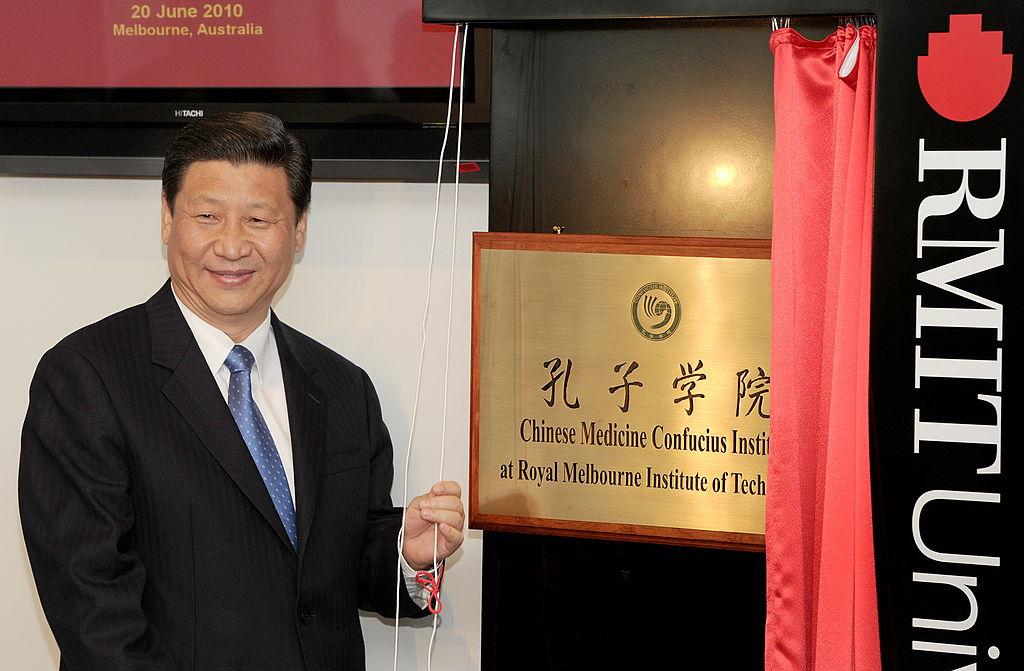The legality of Confucius Institutes in the UK was brought into question as research showed CI teachers were hired in a “highly discriminatory way” and are required to undermine free speech.
The research, published on Tuesday by UK-China Transparency, a newly founded charity focusing on Sino-British ties, also said British Universities and the Home Office have been “systematically enabling” the practice by breaching their legal obligations.





